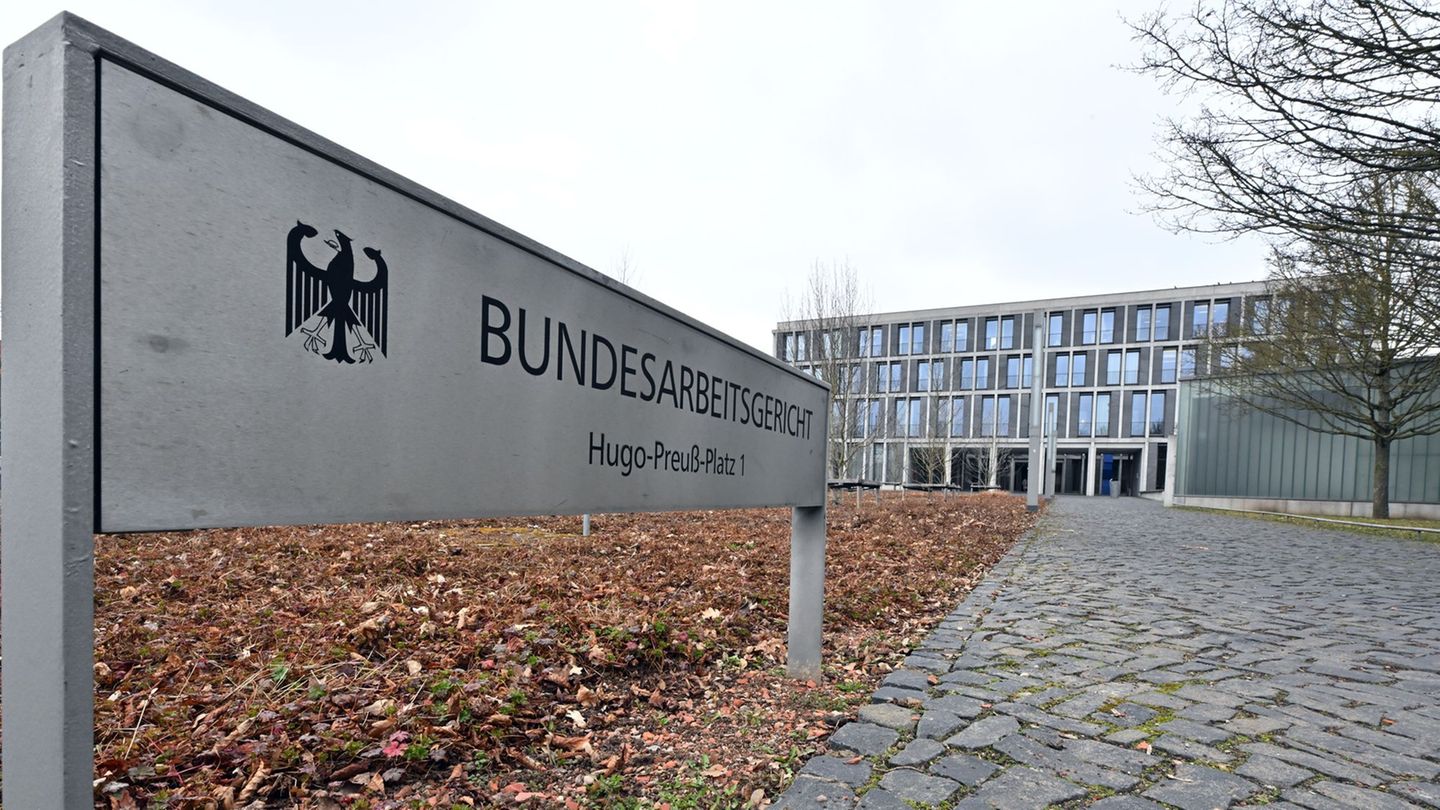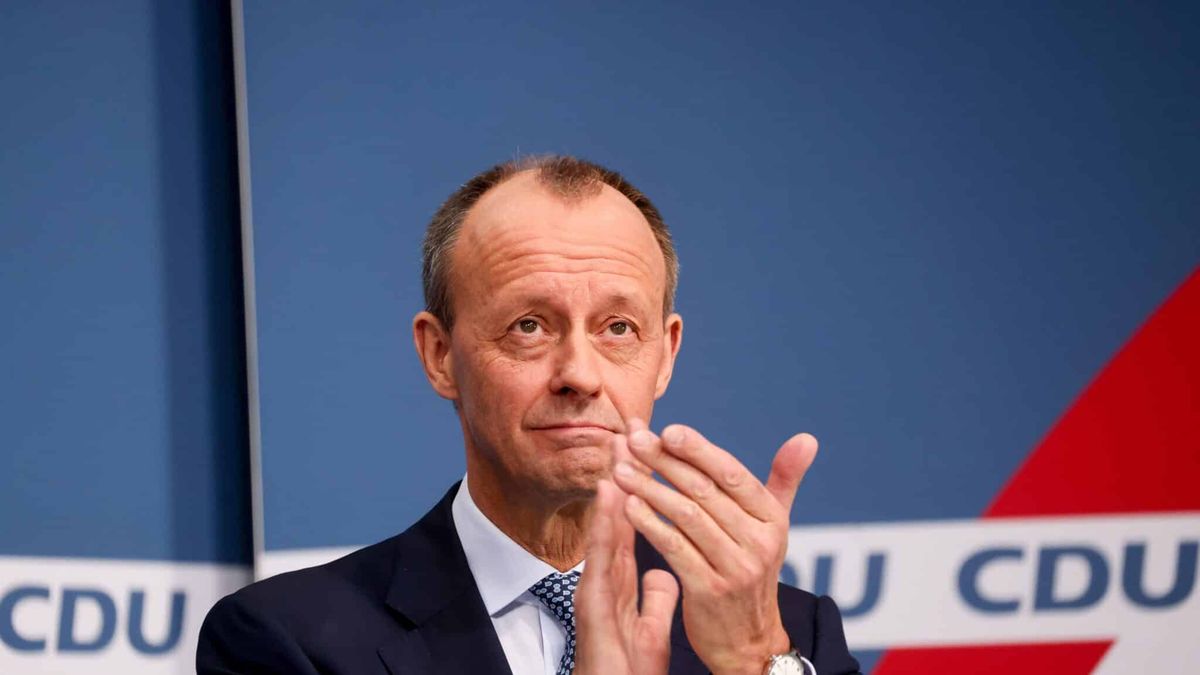The wages of formal workers grew in real terms in Julymonth prior to the August devaluation and the consequent jump in inflation which, according to private consultants, will be around double digits. In this context, analysts warn that income will feel the impact in the near future, despite the fact that the reopening of parity It will help mitigate the loss of purchasing power in some unions.
According to the data collected by the Ministry of Labor through Ripte, the average remuneration subject to contributions to the Argentine Integrated Pension System (SIPA) received by workers who are low dependency relationship and that have been declared continuously during the last 13 months, it grew 7.4% in July. Thus, it was above inflation for the same month, which was 6.3%.
Furthermore, the indicator had its first variation year-on-year positive since June 2022, by increasing 118.3% compared to an inflation of 113.4% for the same period.
In June, formal salaries measured in the Ripte had also beaten inflation, increasing 8.1% (compared to a CPI of 6%). Something that did not happen in May, when it grew 6.2% compared to an increase in retail prices of 7.8%.
The reopenings of parityadded to bond provided by the Government, can help mitigate the impact of the jump in inflation in the coming months. Although, analysts agree, it is difficult to predict whether wages will actually be able to match – at least – the price race for the remainder of the year.
“It is difficult to predict scenarios for the coming months. The first installment of the bonus will only impact in September, so everything indicates that in August the real salary will fall. About September it is much more difficult to make a projection: the bond is going to have some impact (but I couldn’t say how much) and inflation is a complete unknown. And October is already the distant future,” Luis Campos, coordinator of the Social Law Observatory of the Autonomous CTA, analyzed to Ámbito.
“It seems to me that we are going to a scenario of shorter joint ventures, at least in the coming months, waiting for the changes that may arise at the macroeconomic level starting in December. Everything is very unstable and very short-term, an extremely precarious balance in a totally unbalanced situation,” Campos noted.
For his part, Hernán Letcher, director of CEPA, said: “It seems to me that due to the bonus, either because it is paid or because it enters into the joint discussion, added to the joint dynamics that had been observed, that in the months following An inflationary jump recovered purchasing power and moved at the level of inflation, I imagine that something similar could happen in August. Those unions that have previously negotiated, and inflation is higher, will end up in September or October negotiating compensatory values in their respective joint ventures.”.
In this context, it is to be expected that some unions can “fight” inflationwhile others will fall behind the level of the price increase.
projections
From Fundación Capital they indicated that, after the devaluation and the “high and almost immediate pass through”, the requests for the reopening of joint ventures were activated. “The rediscussion takes on special relevance in the framework of agreements that, despite being constantly active, continue to lag behind prices.”, analyzed from the firm.
In this scenario, and despite the bonuses announced by the Government, they highlighted that “With a rate of price increase that will not break the 8% monthly floor, salaries in the registered private sector would continue to lag behind for the remainder of the year. (-8% yoy September-December average in real terms), culminating in a real annual decline of 3.1% yoy.”
“In factsalaries would have lost against inflation in these first eight months of the year (-2% yoy). Even the unions with greater bargaining power that established very short agreements (quarterly or four-monthly), that reopened earlier than agreed and that used new tools to adapt to a very changing reality, have noticed declines in the purchasing power of their sector,” they detailed. .
Regarding the bonus announced by the Government, of $60,000 to be paid in two non-remunerative monthly installments for private and public sector workers with net salaries of up to $400,000, Fundación Capital analyzed: “This would represent an increase of 19.4% over the average private sector salary, with greater impact for lower incomes. However, since the fixed sum is absorbable through joint ventures, the impact will be very different between sectors.”
Source: Ambito




